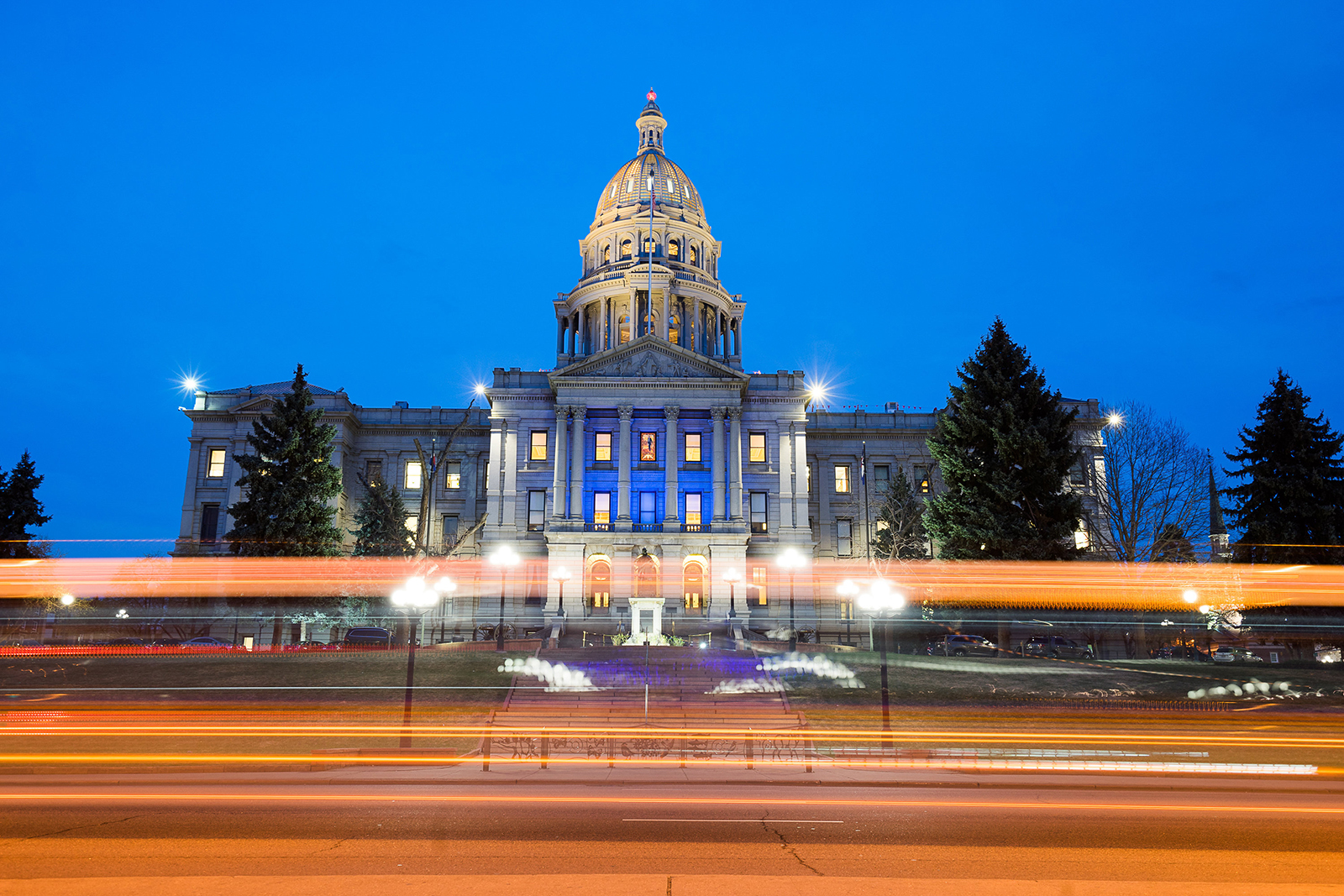In a political climate increasingly polarized by the rise of Trumpism, a group of nearly 100 Democratic operatives gathered in Denver, seeking a roadmap to reclaim disenchanted voters. Their answer? A controversial blend of libertarianism and progressivism dubbed "The Colorado Way." This strategy, however, may come at a steep cost for social justice and environmental advocacy.
Colorado"s Surprising Electoral Resilience
According to data from Colorado"s election history, the state has transformed from a Republican stronghold to a Democratic bastion since 2008, solidifying its blue status with significant electoral wins in recent years. Yet, while blue states like California and New York saw dramatic shifts towards the right in the 2024 elections, Colorado"s decline was comparatively mild at just 2.5 percentage points. This raises the question: What does this success mean for the future of the Democratic Party?
The Economic Focus of The Colorado Way
At the heart of "The Colorado Way" lies a pragmatic approach that emphasizes financial incentives over ideological purity. As described by Sen. Michael Bennet, the strategy focuses on addressing economic conditions that have fueled the rise of Trumpian politics. By framing progressive policies such as renewable energy and universal pre-K as cost-saving measures, proponents aim to resonate with working-class voters. However, this approach raises significant implications for progressive values, particularly in the realms of environmental justice and equitable policy-making.

Why the Capitol Will Be Lit in Blue and Yellow This Wednesday ...
Marginalized Voices Risk Being Overlooked
While proponents argue that appealing to the financial concerns of voters is a practical necessity, this strategy runs the risk of sidelining the voices of marginalized communities who are most affected by climate change and economic disparities. Colorado Governor Jared Polis" justification for phasing out coal as a cost-saving measure begs the question: at what point do we prioritize the ecological health of our communities over mere economic efficiency? Environmental policies must be rooted in justice, ensuring that the most vulnerable populations aren"t left to bear the brunt of climate impacts.
Education Reform and Its Consequences
The retreat also highlighted the contentious issue of education reform in Denver. After a decade of progressive changes aimed at improving student outcomes, backlash against these policies led to a shift back to union-aligned board members. The University of Colorado"s analysis showed that reforms initially increased graduation rates significantly. However, the backlash against perceived neoliberal reforms has resulted in a regression of educational quality for many students, particularly those from low-income backgrounds. This raises critical questions about the direction of Democratic education policy: should we prioritize outcomes or adhere strictly to union preferences?

Jared Polis" Wedding Marks 1st Same-Sex Marriage Of Sitting ...
The Danger of Compromise at the Expense of Justice
As national Democrats look to the "Colorado Way" for inspiration, they must confront the inherent tension between pragmatic governance and the moral imperatives of social justice. The last thing we need is a repeat of the missteps that have marginalized voices within the party. The strategies discussed at the retreat seem to prioritize winning elections over enacting transformative policies that genuinely uplift disenfranchised communities. This could lead to a Democratic Party that claims to represent the people while prioritizing the interests of corporate donors and affluent voters.



![[Video] Gunfire between Iraqi security forces and Sadr militias in Baghdad](/_next/image?url=%2Fapi%2Fimage%2Fthumbnails%2Fthumbnail-1768343508874-4redb-thumbnail.jpg&w=3840&q=75)
